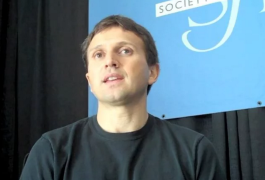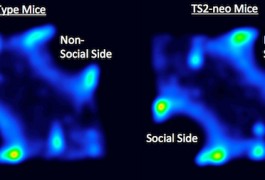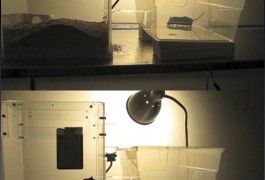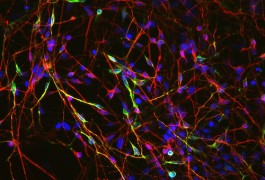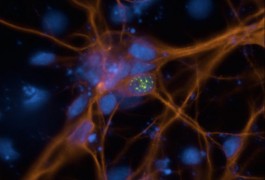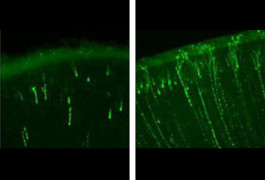Genetics: Including gender improves autism genetics research
Accounting for gender increases the power of family-wide studies linking genetic mutations with autism, according to a study published in December in Molecular Psychiatry. The researchers use this approach to identify two candidate genes for the disorder.

